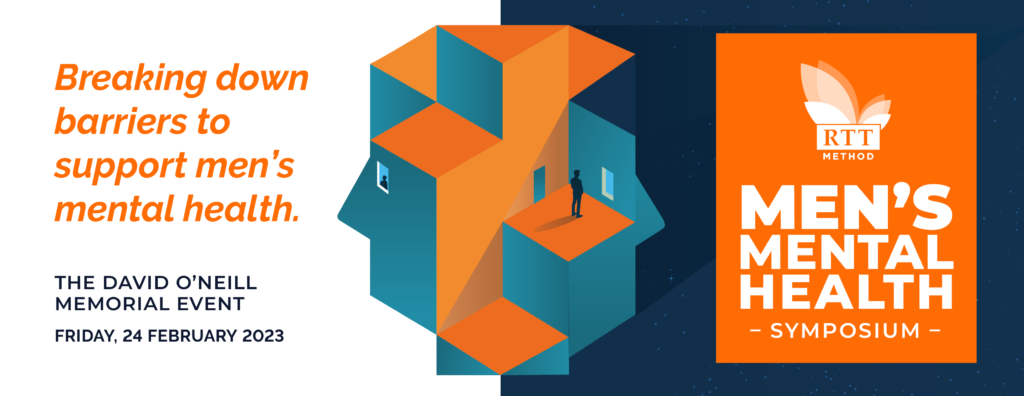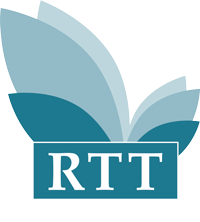Events

Despite an epidemic in mental distress, research has shown that men are much less likely to be diagnosed with mental health problems such as depression and anxiety.
Many feel that mental health issues are seen as a weakness and as a result are reluctant to talk about their problems, go to the doctor or ask for help.
They are also more likely to use alcohol or other substances to help them cope with problems.
In the UK, approximately three-quarters of people who die by suicide are men.¹
But what are the barriers to them accessing support and what does this mean for men in crisis? We spoke to some of our therapists in training, and this is what they said
Hosted by the Rapid Transformational Therapy® Training School, this event looked at what the barriers are, how we can break them down, and the consequences if we don’t. There were six key themes during the day:
• Why we need to focus on men’s mental health
• The impact of the work environment
• Additional challenges for minority groups
• How Rapid Transformational Therapy® (RTT®) is emerging as an intervention to support men’s mental health
• Early intervention measures and how they can help young men tackle mental health issues and prevent suicide
• The worst-case scenario – suicide and the ripple effect on families and society
We are grateful to all the incredible speakers who were extremely open and honest about their own struggles and generous in sharing heir knowledge and experience:
Keynote speakers: Marisa Peer, founder of RTT and Owen Marcus, co-founder of Evryman
• Sean McNicholas, New Me Therapy
• James Mace, Everymind At Work (and Walk&Talk4Men)
• Jake Clapson, JC Bespoke Coaching
• Jose Robles, Mindset Coach
• Erik Palatnik, T TIME life coach
• Francesco Sapio, Transform Your Life
• David Brown, If U Care Share Foundation
• Andy Mellor, Schools Advisory Service/Manspace
• Jake Stika, Next Gen Men
One of the most impactful speakers was David O’Neill’s mother, Linda. Despite this being the second anniversary of David’s death by suicide, Linda was brave enough to share with us the devastating impact of suicide and how she has turned that pain into a desire to help others.
We were grateful to be able to generate funds for the charities and non-profit organisations involved to help them carry on their vital work.
Event time and date
Friday, 24 February 2023
3pm (UK) / 10am (EST) / 7am (PST) /
9am (CST) / 8am (MST) / 2am (AEDT)
Ticket Price
$45
Premium Collective members have been emailed a 15% discount code
Location
Online virtual event
Joining details will be emailed to registrants
About David O'Neill
David O’Neill was 28 when he died by suicide in February 2021. He was fast climbing through the ranks of the RTT Training School and was loved by all his colleagues. He had recently moved into a new home with his girlfriend and they were expecting their first child later in 2021. His parents were devoted to him, he was passionate about so many things, including Newcastle United Football Club, and yet he chose to end his life.
Everyone who knew him still asks themselves whether they could have done more and stopped this from happening? This event will shine a light on questions like these and begin to look at ways to encourage more men to share their struggles.
About the Rapid Transformational Therapy® (RTT®) Training School
In 2015, Marisa Peer established the RTT® Training School, headed up by Dr. Sian Peer, which has trained thousands of therapists globally and recently added therapeutic coaching to its portfolio.
Rapid Transformational Therapy® (RTT®) is a therapeutic approach that uses powerful techniques to provide people with the tools for change.
Developed by world-renowned therapist and best-selling author Marisa Peer, RTT® draws on elements of Gestalt, solution-focused, cognitive behavioral therapy and neuroplasticity, alongside techniques such as hypnotherapy and mindfulness.
The personalized approach works with clients to help them reframe any negative beliefs – many of which they
have carried with them since childhood. Often, these have been so deeply buried in the client’s subconscious mind that they are unaware of the past issues affecting them.
By giving clients the knowledge and power to shift the way they think about themselves and the world around them, they can approach life in a more positive way.

